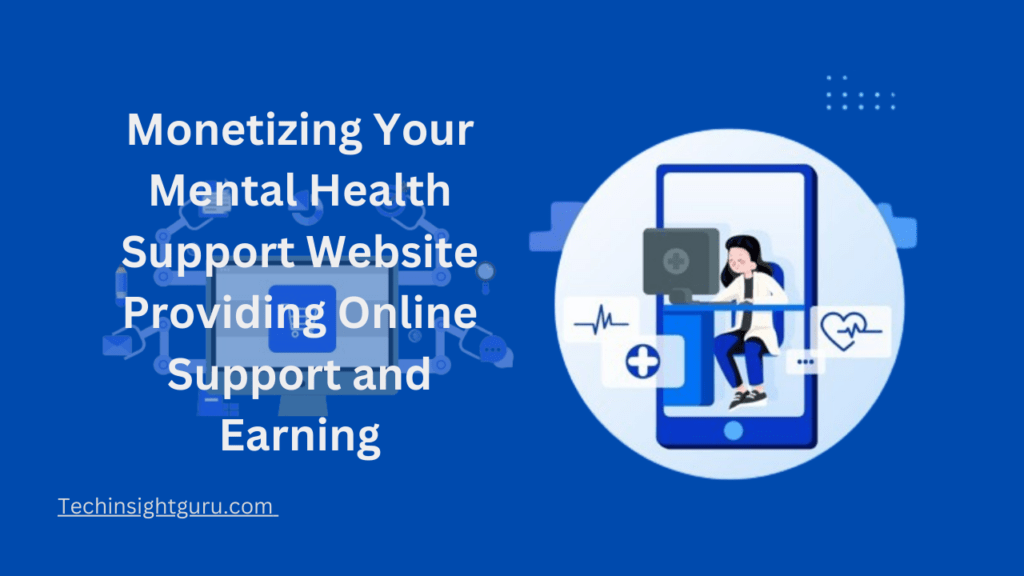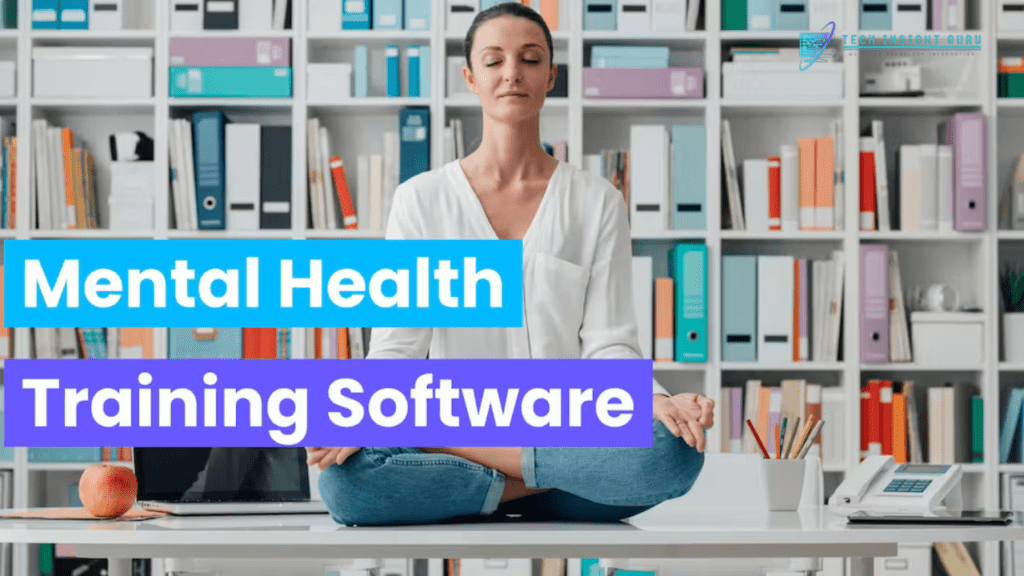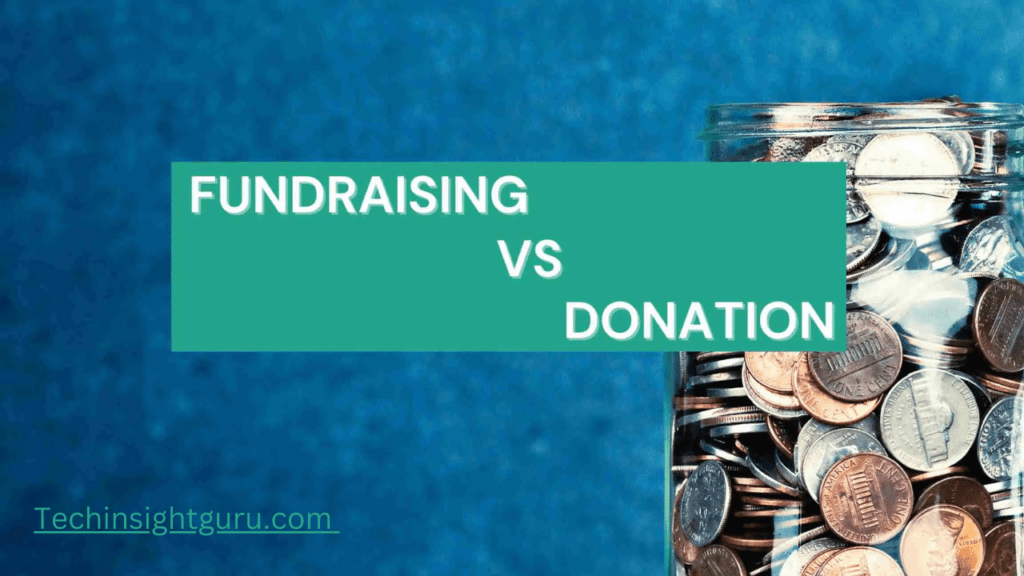
Monetizing Your Mental Health Support Website :Providing Online Support and Earning

Introduction
Monetizing your mental health support website is not only about generating revenue but also about providing essential services to those in need. This guide will explore effective strategies to monetize your mental health support website while ensuring that you offer valuable and compassionate online support.
1. Offer Valuable Content and Providing
Provide Educational Content: Create blog posts, articles, and guides that offer valuable information on mental health topics, coping strategies, and self-help techniques.
Develop Self-Assessment Tools: Offer self-assessment quizzes or tools that help visitors identify potential mental health issues and suggest appropriate resources or support.
Providing valuable and insightful content is the foundation of a successful health promotion website. Create strong content including articles, blog posts, and multimedia content covering a variety of mental health topics. Address common problems, share solutions, and provide self-care tips to empower your audience.
Create downloadable resources such as guides, worksheets, and resources for individuals to access self-assessment and personal development. Customize your content to meet different mental health needs to ensure it resonates with a broad audience seeking support.
Achieving consensus through collaboration with expert opinion and psychiatrists. This adds credibility to your platform and ensures users have access to reliable information.
Follow a user-friendly interface that will help visitors find important content easily. Use effective classification systems that allow people to find resources based on specific mental health issues and make information accessible and relevant.
Encourage user participation by including interactive content such as quizzes, surveys, or forums where people can share their ideas, experiences, and seek advice from friends. This can foster a sense of community and support.
Update your content regularly to keep up with mental health trends and research. By providing valuable resources, your mental health support site will become a trusted place, empowering people to take control of their mental health and creating a community for mental health awareness and support.
2. Membership and Subscription Plans
Premium Content and Support: Offer premium membership plans that provide access to exclusive content, live webinars, and one-on-one support from mental health professionals.
Subscription Plans: Implement subscription-based models for ongoing support and access to a community of like-minded individuals.
Tracking memberships and subscriptions will be an important step in improving the health of your website and encouraging engagement and personal motivation. Through competitive membership options, individuals can access exclusive content, live webinars, and professional resources tailored to their mental health needs. This approach not only creates a sense of community, but also provides additional revenue to support and develop your platform.
Offering different types of subscription plans will lead to different interactions with access to advanced features. Consider offering discounts on long-term contracts to encourage people to invest in their long-term health.
Create a members-only site where customers can connect, share experiences, and attend special events or groups. This creates a supportive community that enhances the overall user experience and fosters a sense of belonging.
Work with mental health professionals to provide member-only personalized content and interactive sessions. This ensures that the client receives benefits, insights and guidance to create a healthy and productive personal life.
Continuously measure and update member benefits based on user feedback and mental health changes to ensure your platform remains relevant to the diverse needs of your audience. Through membership and subscription plans, your mental health support site will become a powerful and valuable resource essential to the health of your community.
3. Online Counseling and Therapy Services
– Virtual Counseling Sessions: Provide online counseling sessions with licensed therapists or counselors to individuals seeking professional support.
– Group Therapy Sessions: Organize virtual group therapy sessions to create a supportive community and reduce the cost for participants.
Enhance your mental health support website by integrating online counseling and therapy services to provide easy, professional support to people seeking help. Collaborate with licensed therapists and counselors to provide safe and confidential virtual sessions, expanding the platform’s reach and impact.
Create user-friendly features that allow people to make appointments, connect with providers, and access unique resources. Provide secure video conferencing and messaging tools to facilitate instant communication between clients and mental health professionals.
Many types of treatments are available to meet a wide range of mental health needs, including individual counseling, couples therapy, and specialized services designed to address specific problems such as stress, anxiety, or trauma. Provide clear information about the qualifications and skills of mental health professionals to ensure trust and transparency.
Ensure compliance with applicable privacy laws and standards of practice by prioritizing customers’ privacy and security. Use strong data protection to create a safe and secure online healthcare environment.
To make mental health services accessible to a wider audience with flexible payment options and subscription plans to adapt to different financial situations. Utilize technology to streamline administrative tasks, allowing therapists to focus on providing quality care.
By integrating online counseling and therapy services, your mental health support website evolves into a comprehensive platform that not only offers information and resources but also directly addresses the mental health needs of your audience. This approach fosters a supportive community and positions your website as a valuable ally in promoting mental well-being.
4. E-books and Courses and Mental Health Support website

Create E-books: Develop e-books that focus on specific mental health topics, offering in-depth guidance and solutions.
Offer Online Courses: Design comprehensive online courses that help individuals address various mental health challenges and learn coping skills.
Transform your mental health support website by offering e-books and courses that offer a positive approach to mental health. Create e-books that cover a wide range of topics, from problem-solving techniques and stress management to mindfulness and empowerment. These downloadable resources provide users with practical tools to solve problems and improve their mental health.
Create online courses led by mental health professionals that address specific topics such as anxiety, depression, or self-care. Structured classes, interactive sessions and personal guidance can enable people to take care of their mental health.
Create a great platform for customers where people can securely purchase and access these resources. For those looking for a more comprehensive learning experience, consider packaging e-books and courses into a mental health kit at a discounted price.
Provide a safe and supportive community where users can share their experiences, discuss course content, and connect with others experiencing the same issue or similar issue. This improves the sense of belonging and reduces feelings of isolation.
When e-books, courses, and a supportive community are integrated, your mental health support website becomes a versatile resource. Not only does this approach empower people to take care of their own mental health, it also makes your platform a helpful and compassionate place in the mental health space.
5. Donations and Fundraising

Provide Donation Options: Give visitors the option to donate to support your mental health initiatives, whether it’s a one-time donation or a recurring contribution.
Fundraising Campaigns: Organize fundraising campaigns to raise funds for specific mental health causes or to provide free counseling to those in need.
Maximize your online store’s earning potential with affiliate marketing. Partner with a program that aligns with your goals, such as a sustainable fashion platform, vintage clothing store, or eco store. Add links to your articles and product pages to direct your visitors to other sites.
Integrate informational blog posts or articles that discuss fashion trends, style ideas or business insights and include affiliate links where appropriate. This not only improves the user experience, but also creates organic opportunities for collaborative business transformation.
Using social media platforms to share product content, attract customers and also generate sales opportunities. Leverage your strength in the vintage fashion community to become an authoritative resource for environmentally conscious and fashion-savvy shoppers.
Regularly measure the effectiveness of your affiliate marketing efforts, monitor conversion rates and adjust strategies based on user interaction. Be confident and original in your recommendations, and be clear with your audience by clearly demonstrating engagement.
Affiliate marketing not only diversifies your thrift store’s revenue stream, but also builds your platform as a valuable sustainable fashion curator, connecting you to your brand. People look for items and products that align with their values.
6. Affiliate Marketing
Recommend Relevant Products: Partner with mental health-related businesses and recommend their products or services through affiliate marketing programs.
Ensure Transparency: Disclose any affiliate partnerships to maintain trust with your audience.
Maximize your online store’s earning potential with affiliate marketing. Partner with a program that aligns with your goals, such as a sustainable fashion platform, vintage clothing store, or eco store. Add links to your articles and product pages to direct your visitors to other sites.
Integrate informational blog posts or articles that discuss fashion trends, style ideas or business insights and include affiliate links where appropriate. This not only improves the user experience, but also creates organic opportunities for collaborative business transformation.
Using social media platforms to share product content, attract customers and also generate sales opportunities. Leverage your strength in the vintage fashion community to become an authoritative resource for environmentally conscious and fashion-savvy shoppers.
Regularly measure the effectiveness of your affiliate marketing efforts, monitor conversion rates and adjust strategies based on user interaction. Be confident and original in your recommendations, and be clear with your audience by clearly demonstrating engagement.
Affiliate marketing not only diversifies your thrift store’s revenue stream, but also builds your platform as a valuable sustainable fashion curator, connecting you to your brand. People look for items and products that align with their values.
7. Advertising and Sponsored Content
Sponsored Content: Partner with mental health organizations to publish sponsored content that aligns with your website’s mission and values.
Increase revenue from your store’s website by integrating advertising and content promotion. Partner with brands and businesses that follow the fashion ethic and invite them to advertise on your platform. Offering promotional banner ads or flyers gives them a unique opportunity to reach vintage fashion lovers.
Create an integrated promotional content network by partnering with influencers or industry experts. The latest shows take inspiration from collectibles and combine promotional materials with your vintage items in a way that will resonate with your audience.
Use a blog or exclusive content on your website to offer promotional items or conduct interviews with industry experts, thereby adding value to your audience. Come and see us create a way to make money. Make sure promotional content aligns with your brand’s values and maintains authenticity and credibility.
Continuously evaluate the effectiveness of ads and content promotion through analytics and adjust strategies based on user interaction and feedback. By combining advertising and content promotion, your online store can not only generate additional income but also promote products and brands, engaging your target audience and increasing the overall efficiency of your platform.
8. Online Workshops and Events
Virtual Events: Host virtual events or conferences on mental health topics and charge registration fees for participation.
By organizing online forums and events as well as auctions, we raise awareness of the great webstore and create a great community of vintage fashion enthusiasts. Host virtual workshops on topics like DIY upcycling, fashion history, or style tips and invite experts or influencers to share their insights. These events not only educate and engage your target audience, but also provide your grocer with a source of information and creativity.
Offer livestream sessions to announce new products, allowing customers to instantly preview and purchase products while interacting with owners and other attendees. Consider hosting a virtual auction or private sales event to educate attendees to promote special experiences and rewards.
Promote these online workshops through your website, social media, and newsletters to reach diverse audiences in the community interested in fashion and design. Encourage participants to share their experiences on social media to create great products and grow your online store.
By combining stores with education and community events, your store’s website becomes not just a store but a meeting place where people with a passion for vintage fashion can gather, share, learn and celebrate timelessly. vintage collectible art.
Conclusion
Monetizing your mental health support website requires a delicate balance between generating revenue and providing valuable support to those in need. By offering valuable content and resources, implementing membership and subscription plans, providing online counseling and therapy services, and creating e-books and courses, you can attract an audience seeking help and support.
Additionally, donations, fundraising, affiliate marketing, advertising, and sponsored content can contribute to your website’s revenue generation while staying aligned with your mission of offering compassionate online support. Remember to prioritize the well-being of your audience and maintain ethical standards in your monetization efforts to build trust and credibility in the mental health community
